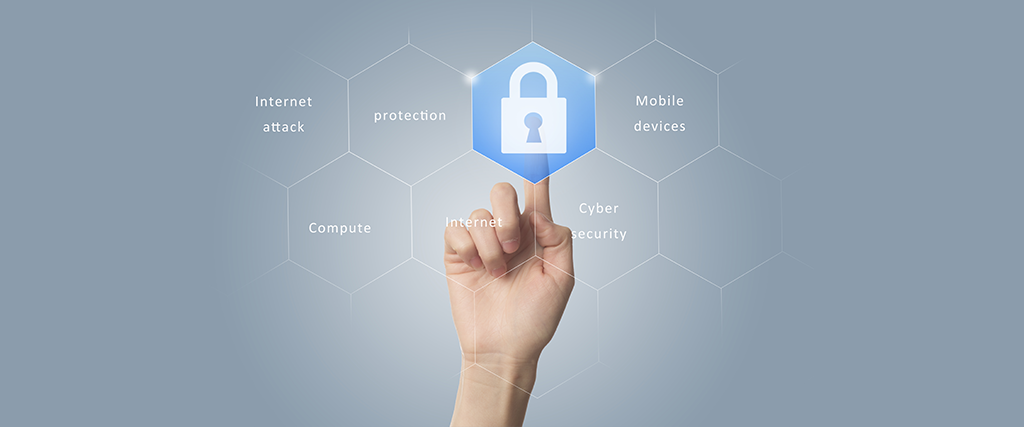Data App Security: Smart devices enabled with 3G/4G connections had a whopping growth in their user base since the last couple of years. This growth has outburst the development of mobile apps and has almost flooded the app stores like iTunes and Google PlayStore.
Right from conducting personal communication to maintaining health records or critical information like Financial details or personal details of kids; everything is on apps now a days. This is an excellent facility and reveals as if everyone is carrying Aladdin’s lamp to rub it and seek an information of choice from it. Power like this certainly comes with a lot of responsibility and a need to be more careful. Are these mobile applications really secure? Is our data really protected with mobile application providers? What is the guarantee that the sensitive information which we share on apps boldly and openly are not vulnerable to an access by a socially bad element?
Reports have suggested that 100% of the top 100 paid apps on Google Android platform have been hacked. Similarly 56% of Apple iOS paid apps have been hacked. Also, 73% of free Android apps and 53% of free Apple iOS apps have been hacked. There figures can be alarming knowing the fact that many organizations are adopting Bring-your-own- device (BYOD) policy so that their employees can merge their information both personal and professional in single device application. It is seen that 84% of people use single device for both personal and professional use. We need to understand how to secure data if BYOD has to be practiced.
1. Device security – Data App Security

Only secure coding is not necessary but secure device is equally important. Jail broken or rooted devices carry high risk associated with certain enterprise apps. Mobile malware not only targets jail broken devices but even those that use excessive mobile applications asking for permission which when given by user, thus, accessing the basic data like SMS that in turn can be used for fraudulent activities
2. Build a secure application
Malicious code is infecting millions of mobile devices at any given time and this number is increasing rapidly. Vulnerabilities and bugs in the design and coding of mobile applications are generally targeted by mobile malware. Even before it is exploited, attackers can obtain a public copy of application easily and then reverse engineer it. Then these applications are repacked in malicious code and are posted on third party app store to attract users for getting their data. Hence, application developers should get the tools that can identify these vulnerabilities and bugs and prevent their application against reverse engineering. Appropriate hardening process should be followed to stop tampering and make the code secure.
3. Data Security – Data App Security
This is important for preventing data theft and leakage especially when the device is lost. Accessing enterprise data means getting hold of other documents and other important information too. Hence, if the device is lost then the risk of data theft grows many folds. Mobile application development providers are considering remote wipe facilities to overcome stolen or lost the device. Data encryption can be practiced to secure data within sandbox against mobile malware.
4. Transaction security
Last but not the least, transactions that are made through mobile applications should be safe. Third party gateway if involved should be secure and the credentials should be prevented from sharing with anyone else. Your attention to above points is must while planning for building a mobile app for your business. Consult a reliable partner to analyze all aspects of security. We at Yugasa Software Pvt. Ltd. follow every possible way to make the mobile application secure and also look after mobile data safety. We have an expertise in building absolute safe and secure mobile applications.
























